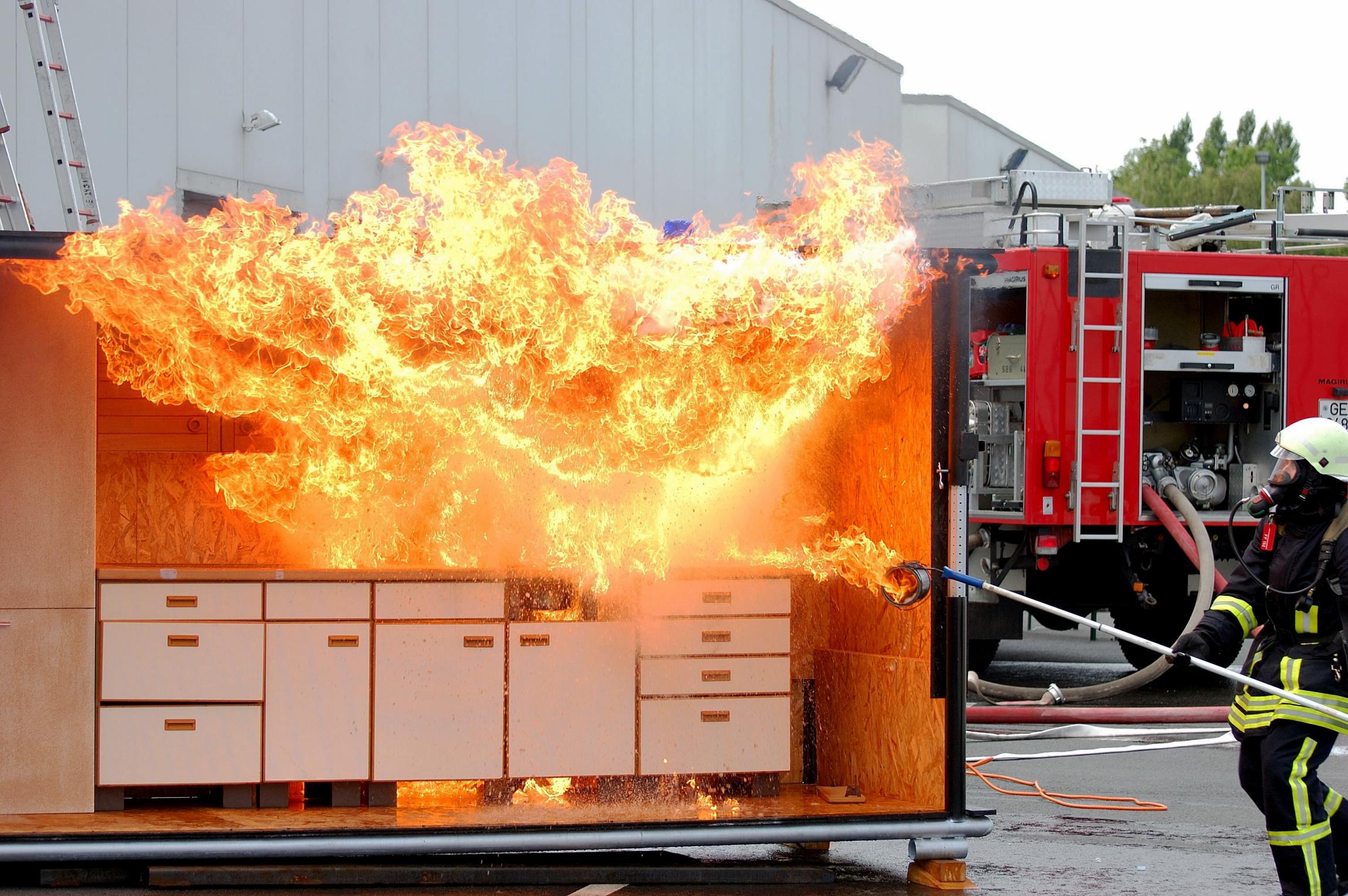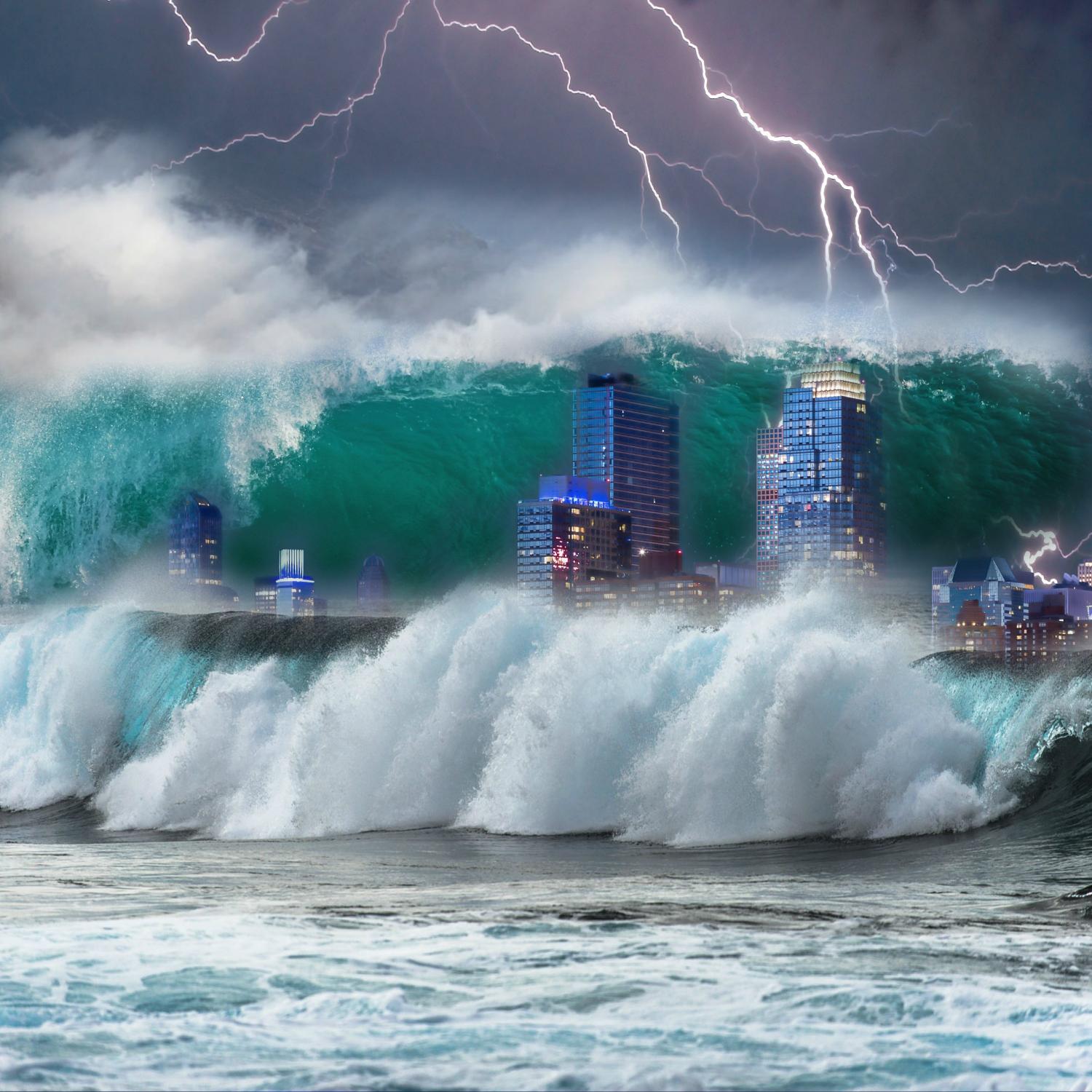Hey everybody! The New Year has arrived, most of us have consumed a month's worth of food in the span of a week, and now it's time for another character of the day! In these turbulent political times, fueled with Fire and Fury, we shall look at extinguishing the passions!
Today's character 灭 miè consists of the character for fire 火 plus an extra stroke (一) on top, making it seem like we are literally putting a lid on top of the fire and therefore extinguishing it. Anyone who has had the misfortune to forget a pot full of oil on the stove knows what I mean...

This is all a lovely story and an easy mnemonic to remember but then why do we have the (seldom used) phrase 灭顶 meaning to be drowned?! This character has a very interesting history. For starters, this is a simplification of the traditional 滅.
滅 is quite different from its simplified version. It consists of a water radical 氵 and a phonetic element, 烕, which is argued to be ideogrammic, due to a classical Chinese poem, that speaks of the fire 火 dieing in the ninth month 戌. Must be something metaphorical... Anyways 滅 used to have the more specific meaning of destroying something with water or a flood.

In fact in Japanese the destruction part of the meaning is retained, and in Chinese it is still there in some compounds. Knowing all this, we can now see where the meaning "drowned" in the phrase 灭顶 comes from...

It's curious how words change their meaning. When we trace the meaning back we discover links between things which otherwise seem unrelated... But for now let's put a lid on things (;
Nick

